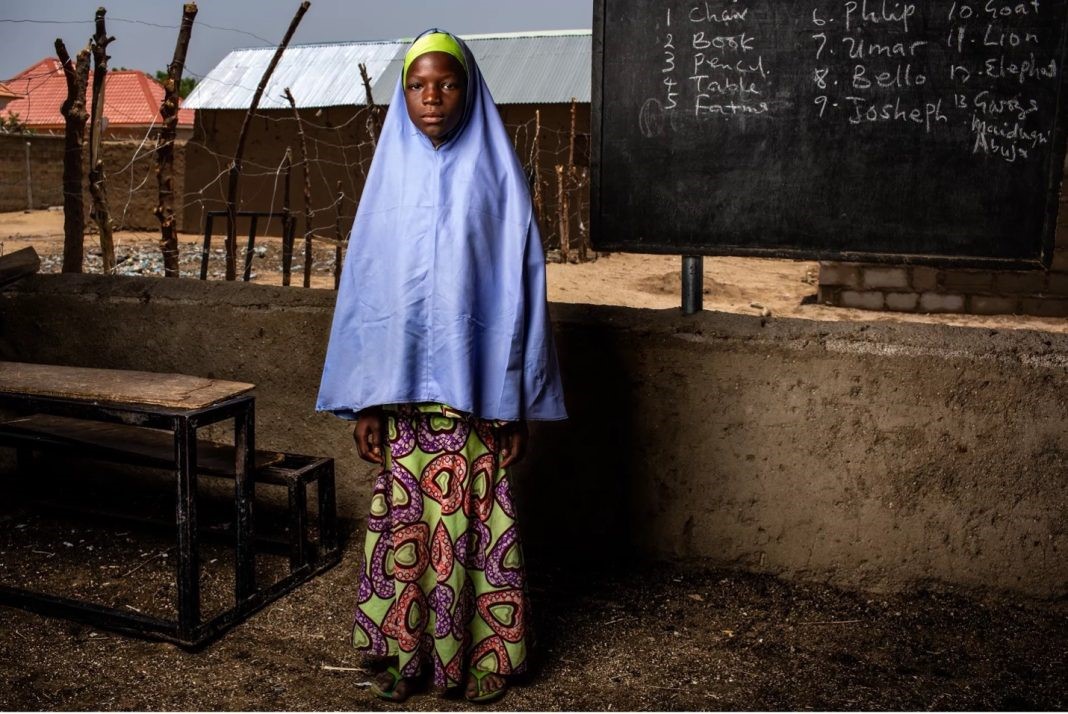Children in Gaza need life-saving support

UNICEF/UN0526284/AlObidy
New York, N.Y. A child’s right to education entails the right to learn. Yet, for too many children across the globe, schooling does not lead to learning.
Over 600 million children worldwide are unable to attain minimum proficiency levels in reading and mathematics, even though two thirds of them are in school. For out-of-school children, foundational skills in literacy and numeracy are further from grasp.
Children are deprived of education for various reasons. Poverty remains one of the most obstinate barriers. Children living through economic fragility, political instability, conflict or natural disaster are more likely to be cut off from schooling – as are those with disabilities, or from ethnic minorities. In some countries, education opportunities for girls remain severely limited.
Even in schools, a lack of trained teachers, inadequate education materials and poor infrastructure make learning difficult for many students. Others come to class too hungry, ill or exhausted from work or household tasks to benefit from their lessons.
Compounding these inequities is a digital divide of growing concern: Most of the world’s school-aged children do not have internet connection in their homes, restricting their opportunities to further their learning and skills development.
Without quality education, children face considerable barriers to employment later in life. They are more likely to suffer adverse health outcomes and less likely to participate in decisions that affect them – threatening their ability to shape a better future for themselves and their societies.




